IS processes: Thousands of foreign IS supporters have been imprisoned in north-eastern Syria for years.
"People committed their crimes on our soil, on our people. We have the evidence and the eyewitnesses here", says Rima Berkel, Judicial Councilor of the Autonomous Self-Government.
For Amnesty Journal - Written by Bartholomäus Laffert.
It has been ten years since IS first emerged. It had split from Al-Qaeda in 2013 and sought to use the chaos of the war in Syria to create a caliphate. While the Syrian regime quickly withdrew from the fighting, the Kurds in particular and militias allied with them opposed the jihadists. Starting in 2014, they were supported by an international alliance led by the United States, primarily through airstrikes. When the SDF captured the town of Baghouz, the last IS retreat near the Iraqi border, in 2019, the jihadists were considered defeated.
Thousands of fighters and their relatives were captured. Since then, the question for the Kurds has been: What should they do with all the men and women who for many years belonged to what is probably the world's most dangerous terrorist organization and many of whom are of foreign nationality?
(...)
With Support from Shaveen Mohammed & Shalaan Albello.
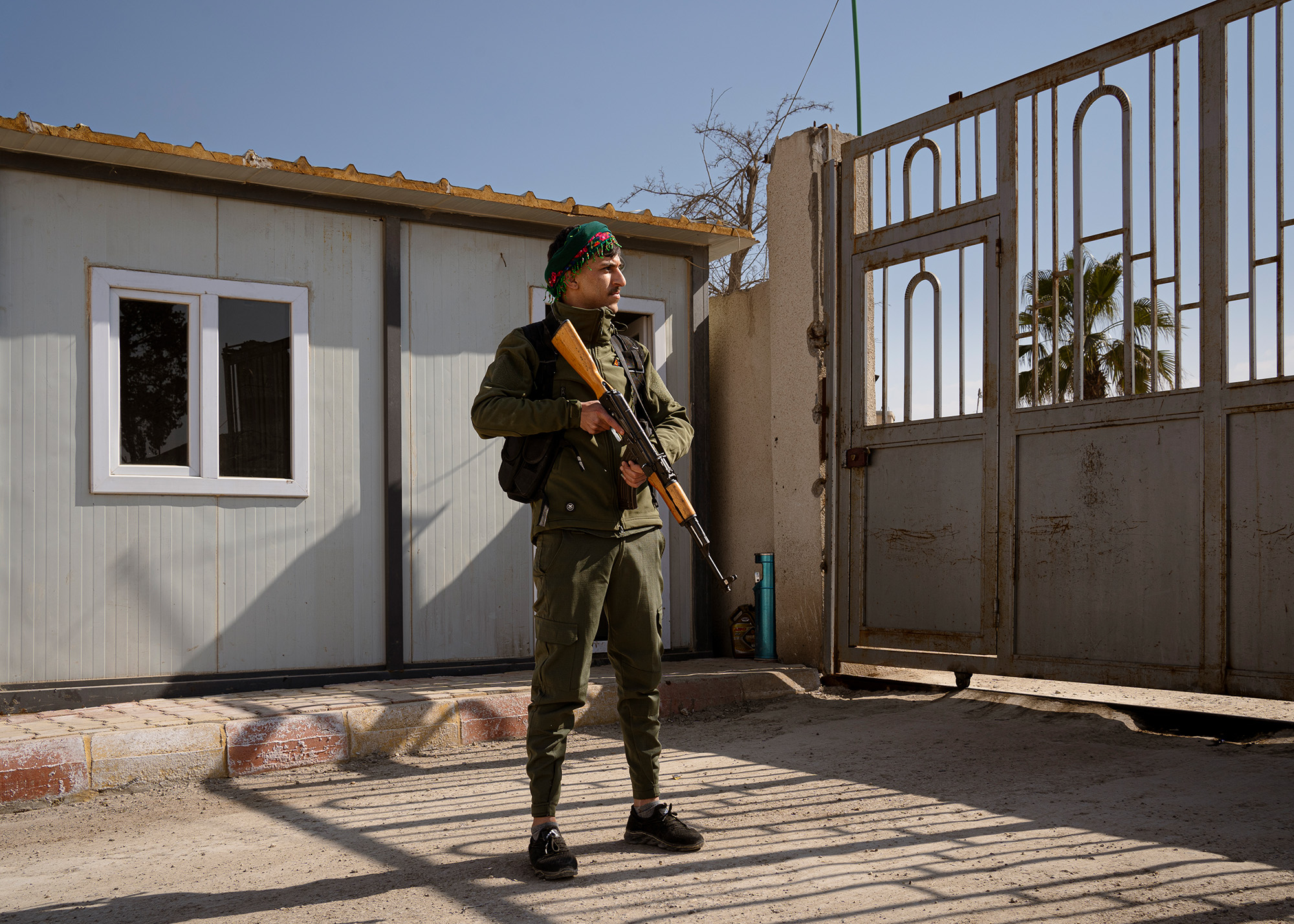
"My heart is broken and the pieces are scattered around Europe"
"My heart is broken and the pieces are scattered around Europe" - Their children left Syria to seek refuge abroad. Aisha Mohammed and Omar Khalil stayed behind like millions of other parents. What will become of them?
For Zeit online - Written by Bartholomäus Laffert.
The morning after the explosion is quiet. Flocks of white doves circle over the neighborhood in Hassakeh, the largest city in northeastern Syria. The smoke has cleared. (...) Only the puddle-sized soot stain on the street behind the school wall testifies to the fact that there was an attack on a military vehicle here yesterday.
A block away, Aisha Mohammad*, 53, kneels on the floor of her first-floor apartment. In front of her: a cookie jar with the inscription "Kernafa Luxury". She has spread the contents out in front of her. Memories of the children who have moved away.
(...)
With Support from Shaveen Mohammed & Shalaan Albello.
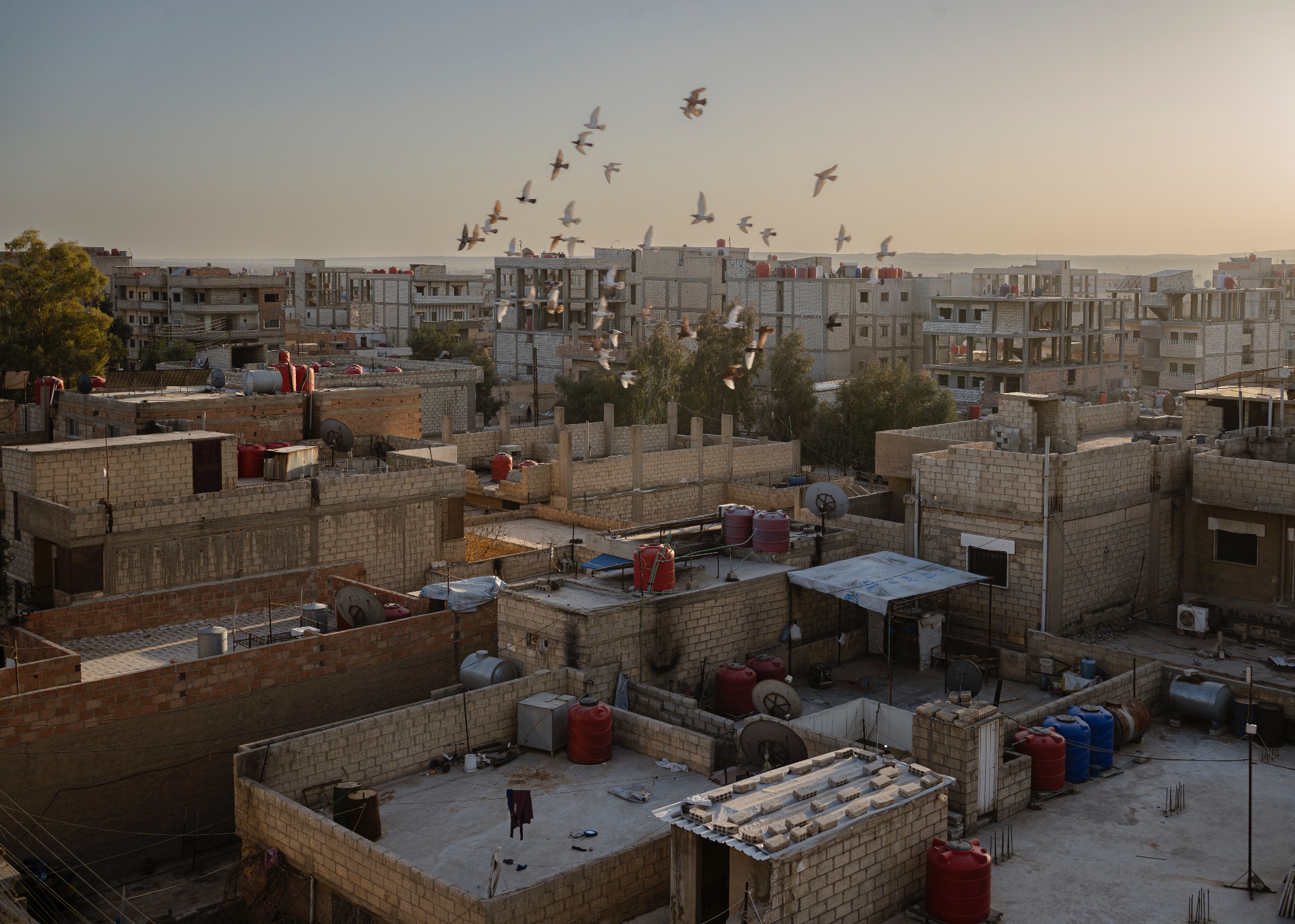
When water becomes a weapon
For Greenpeace Magazin - Written by Bartholomäus Laffert.
Northern Syria is withering. Global warming is hitting the region very hardly, at the same time Turkey is cutting off the flow of the Euphrates River, the country's lifeline. Climate change and conflict form a dual crisis of the kind that could affect millions of people worldwide.
Hassakeh
It's been four years since the fresh water disappeared from Hassakeh. Since then, oil tankers and fire trucks have been turned into water trucks, and now set out every morning at sunrise to boreholes outside the city to fill their containers with water. Then they go from house to house. Each family gets 5,000 liters per ration, no matter how big it is. They have to live on this for ten days, sometimes three weeks. Some days the water tastes like chlorine, other days bitter. Either way, people say, the water makes them sick. (....)
With Support from Shaveen Mohammed & Shalaan Albello.
A big thank you to the support from The Global Health Security Call from the European Journalism Centre (EJC). Without which, this elaborate research would not have been possible!
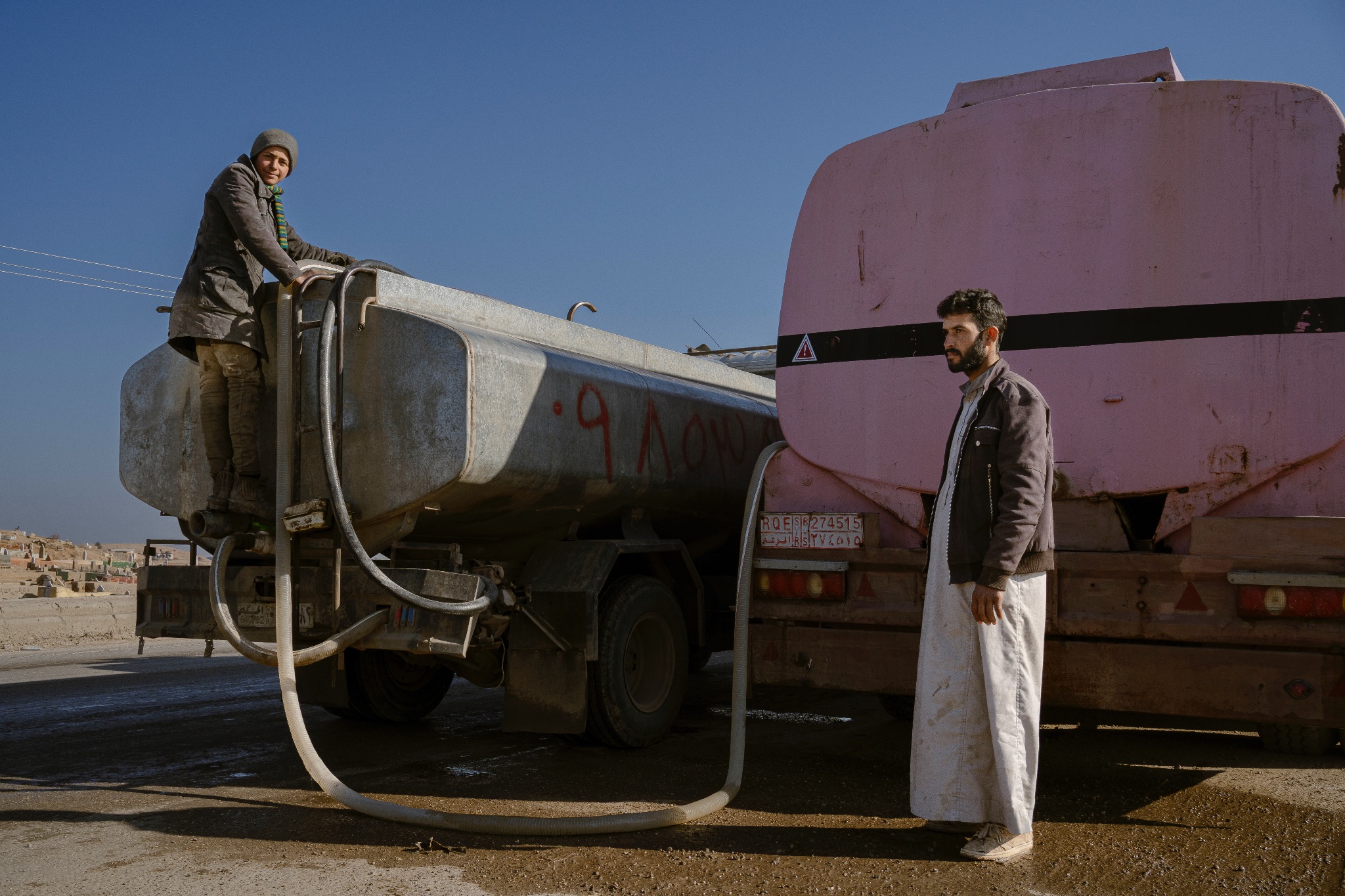
Rojava before the Turkish elections
In Rojava, in northeastern Syria, the autonomous Kurdish administration is not only still defending itself against ISIS, but also against ongoing attacks by Turkey. The Turkish elections are therefore also about the future of Rojava and the question: Is there a chance of peace?
For Taz die Tageszeitung - Written by Bartholomäus Laffert.
"The explosion tore us from our sleep," says Wadha Mohammad Kasim, 47, blue patterned headscarf and purple knitted skirt. On the seat mats in front of her are her eight children, five daughters, three sons, the oldest, Iwan, just turned 19. One of the family members is missing: their father.
His portrait, larger than life, hangs on the wall. A man in a white polo shirt, thick glasses with thin black rims, a birthmark above the right corner of his mouth. We had a modest life, but a good life," says Wadha Kasim. "But since Turkey murdered him, our life has become a disaster." Fayz Ebdulah died on November 20, 2022, killed by Turkish missiles. (...) "When he left, he said, stay in the house, it's cold outside. I'll be back soon." Wadha Kasim's voice falters as she recounts what happened. A single tear rolls down her cheek. Her husband did not return that night. And neither did he come back the next morning.
With the Support from Shaveen Mohammed & driver Shalaan Albello.
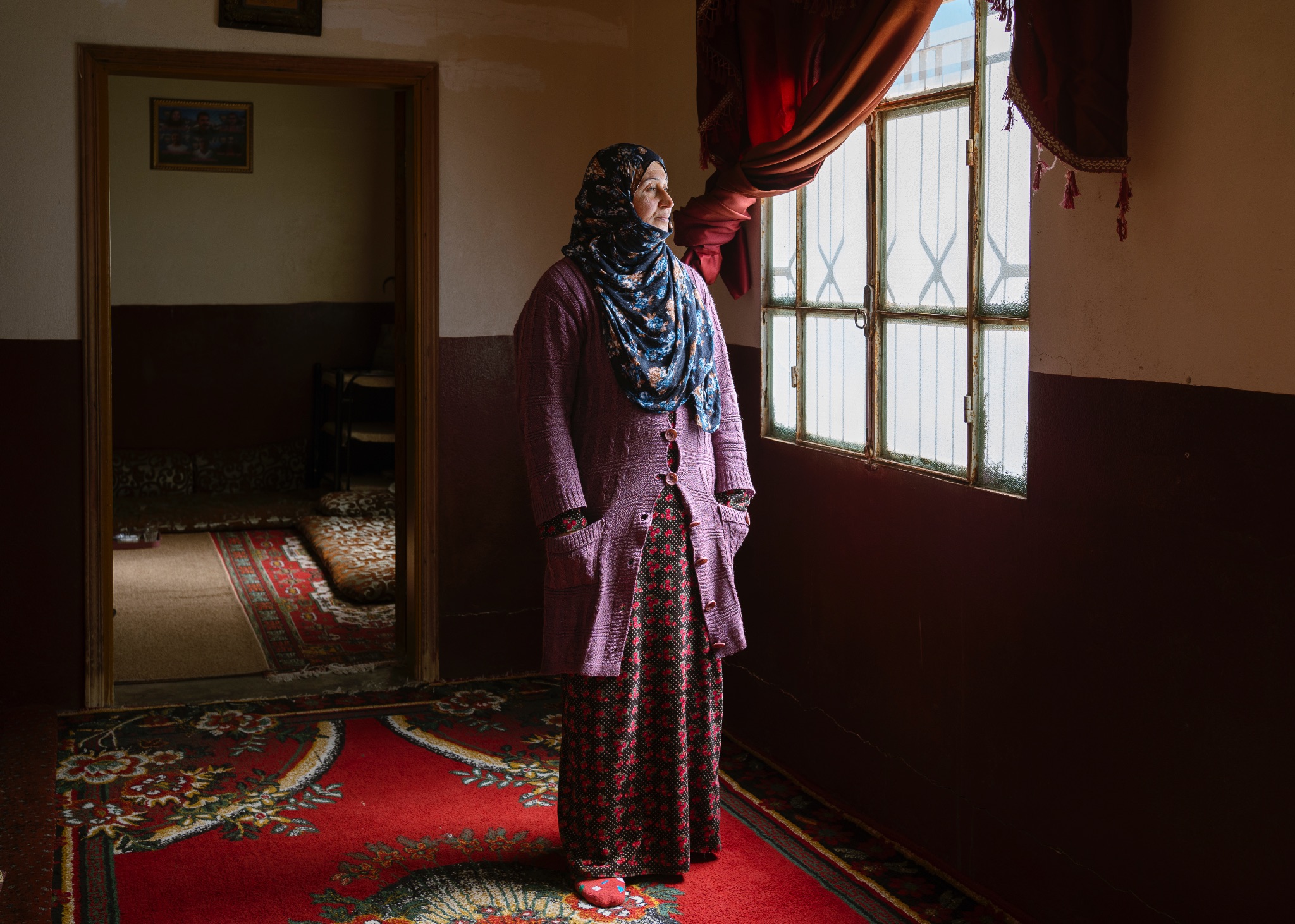
Rojava before the Turkish elections: Hoping for Erdoğan's End
For WOZ - written by Bartholomäus Laffert
Turkey is repeatedly shelling targets in northeastern Syria in order to wear down the Kurds. The parliamentary and presidential elections in Turkey on May 14 will therefore also be about the future of the autonomous regions.
The sky over the town of Derik in northeastern Syria, which the Kurds call Rojava, where Syria borders Turkey and Iraq, is silent. Nothing can be seen except for a few fleecy clouds and a zeppelin soaring from a U.S. military base. Zaher Aldin Chalil, 56, whom everyone here just calls Abu Hoger, stands on the roof terrace of his house, his eyes squinted because of the low sun, pointing into the distance where snow-white peaks of the Çiyayê Cûdî mountain range rise out of the green landscape. "They came from there to kill my wife."....
With the Support from Shaveen Mohammed & Shalaan Albello.
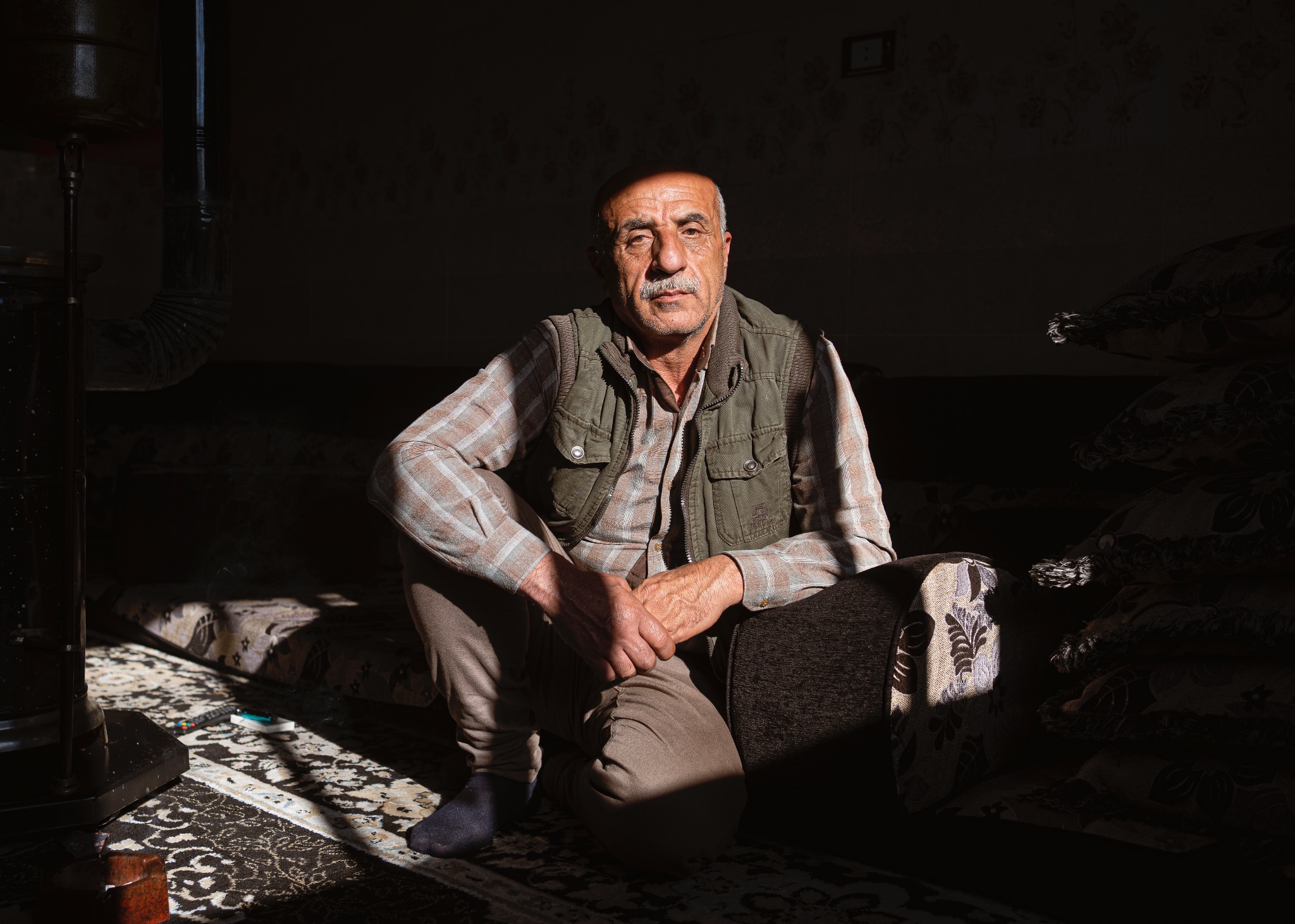
Why nature also suffers from the war
For NZZ am Sonntag - written by Andrea Jeska
Ukraine is home to some of the last primeval beech forests in Europe, a Unesco-recognized World Heritage Site.
They are still intact. But the war is endangering their existence.
A loss of biodiversity already existed before the war.
Now, an already tense situation is worsening and also preventing improvements, as all relevant activities and investments have virtually ceased.
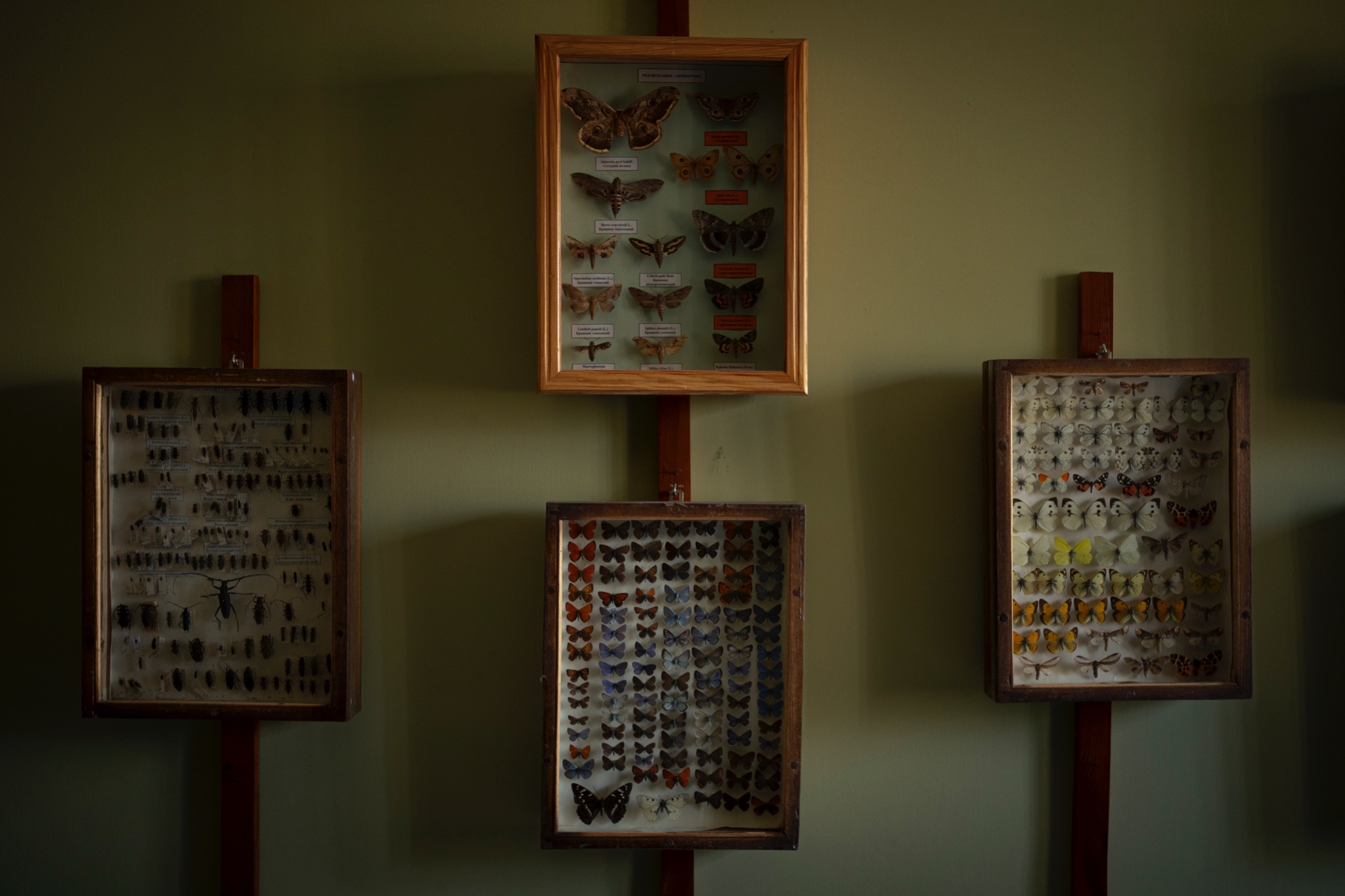
Photo essay: On the road in southern Kurdistan
For Tagebuch
In the shadow of the war in Ukraine, NATO member Turkey attacks Kurdish areas in northern Iraq in May 2022.
An insight into the region.
The Kurdish people have been persecuted, hunted and murdered throughout history. What has always served as a glimmer of hope in dark times is the dream that the Kurdish people have the freedom to live their culture, speak their language and build a community according to their ideals. In small regions of the Middle East, the Kurdish movement has succeeded in achieving this. One of these regions is South Kurdistan, located in northern Iraq. The autonomous region of Kurdistan has its own government and a standing corps, the Peshmerga. However, the Kurds are not always united among themselves either.
Within the autonomous region of Kurdistan lies the politically independent Kandil Mountains, known as the retreat of the Kurdish Workers' Party (PKK), which is considered a terrorist organization by many Western states. The area, which covers around 50 square kilometers, is organized according to the principles of democratic confederalism - a concept by Abdullah Öcalan, which is also the guiding political concept in the northern Syrian areas of Rojava. Turkey has repeatedly attacked the region militarily since 1992. Officially, the Turkish military targets PKK locations. However, the attacks also regularly result in civilian casualties. Local activists say that the dominant Kurdish parties here, the Kurdistan Democratic Party (PDK) and the Patriotic Union of Kurdistan (PUK), are collaborating with the Turkish state. This is why Kurdish youths organize protests on the ground time and again.
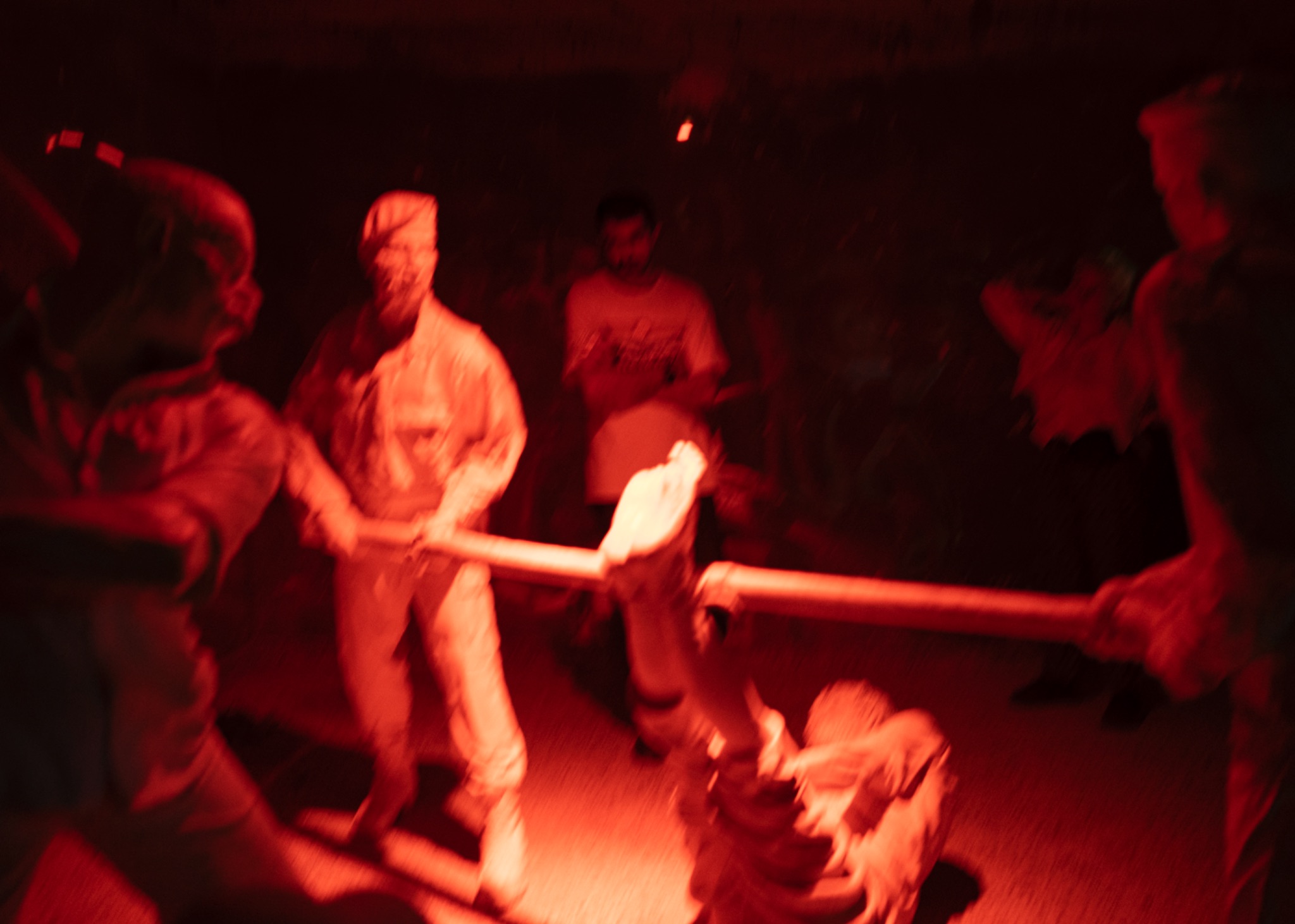
No escape from Calais
For Neues Deutschland
There are places that lie within Europe, where the suffering of the people is no less bearable.
Mainly people from Eritrea, Sudan, Ethiopia and Iran live here. Most of them came to Europe crossing the Mediterranean Sea. Most of the people in Calais didn’t get any papers in other European countries. That’s why their last hope is to get to Great Britain and apply for asylum there, outside of the EU.
Now they stand again in front of a sea border, with the hope to get help in England.
And England helps - but not the people on the move. They pay for money to finance French coast guards and police to keep people from coming across the so-called "English Channel" to England.
At the same time crossing the sea sneaking onto the train or ferry is nearly impossible due to massive surveillance by French and British authorities. Most of the people stuck here make the dangerous attempt to cross the sea with small rubber boats in the middle of the night.
Simultaneous the politicians tries everything to make them invisible by pushing them outside of the city, and make the city attractive to tourists.
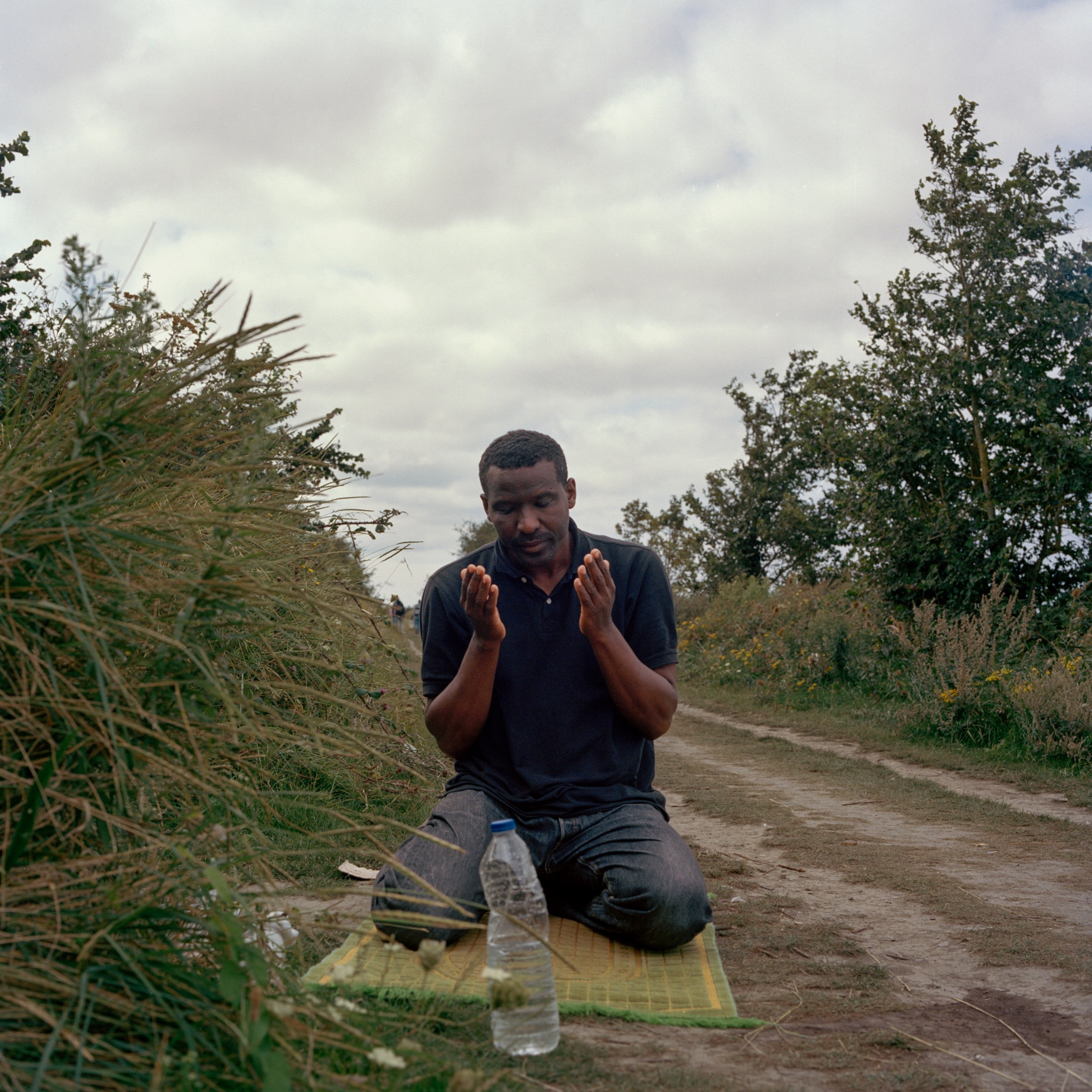
LUFTRETTUNG EMDEN (NHC)
Anyone who needs medical care from a hospital on one of the East Frisian islands will meet them: The air rescue crew of the company "NHC". With their helicopters, they are responsible for the air rescue service on the East Frisian coast. In Emden, a helicopter is on standby for missions every day from sunrise to sunset.
This means that sick or injured islanders and tourists can be flown quickly to the nearest hospital for further specialist treatment. Most of the missions are medical transfers, i.e. transports of patients who are not in acute danger of death.
/_STA3219.jpg)